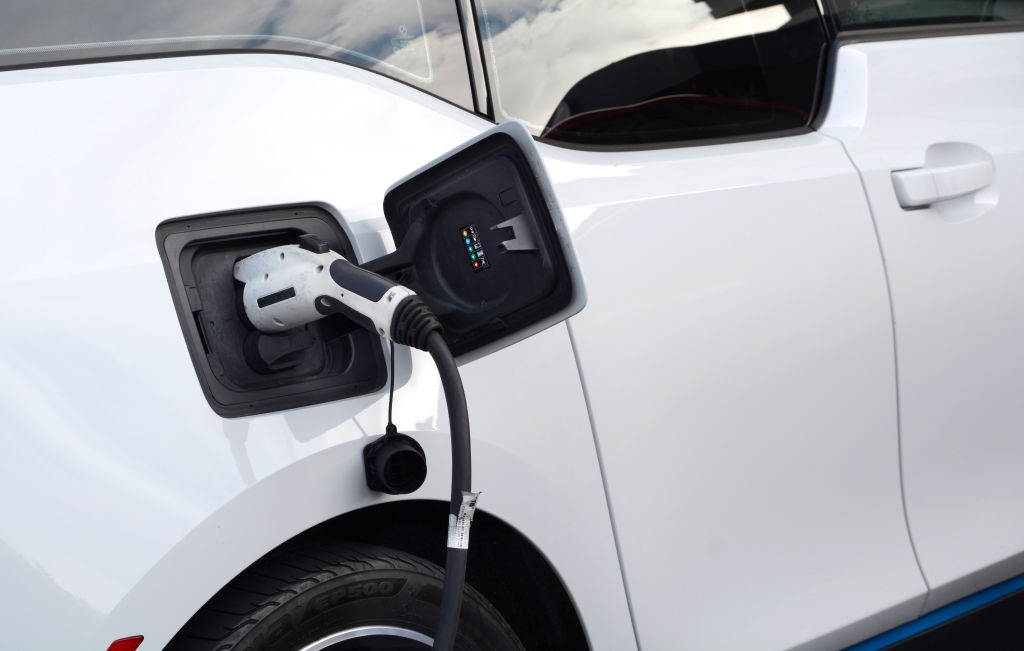A new report critically examines the impact of government subsidies on the electric vehicle (EV) battery manufacturing industry, finding that President Biden’s Inflation Reduction Act subsidizes each new “green” EV job by anywhere from $2-7 million. This stands in stark contrast to the average salary of each worker, which stands at approximately $60,000.
The Inflation Reduction Act (IRA) allows some factories producing batteries for electric vehicles to receive over a billion dollars per year from the U.S. government without any requirement to pay good wages to production workers. Moreover, the Advanced Manufacturing Production Credit–also known as the 45X program–is expected to “cost taxpayers over $200 billion in the next decade, far more than the $31 billion estimated by Congress’s Joint Committee on Taxation.”
Further, the report argues that the federal tax credit does not have job quality requirements for permanent jobs and does not mandate companies to pay market-based wages or benefits. They state, “The Biden administration says the IRA will create ‘good-paying union jobs,’ but the federal tax credit has no job quality requirements for permanent jobs and doesn’t mandate companies pay market-based wages or benefits.”
The report provides an analysis of five recently announced battery factories, revealing that total subsidies will range from $2 million to $7 million per job, and average annual wages will be below the current national average for production workers in the automotive sector. The nationwide average hourly wage for production workers in the U.S. automotive sector is $28.41 an hour, or $59,093 a year for a full-time worker, which is more than the expected average wages at any of these facilities. Plus, the average wages at these facilities “are already biased upward by the inclusion of higher-paid supervisory and managerial workers in the facility’s employment total.”
In summary, the report raises concerns about the impact of heavy subsidies on the quality of jobs in the battery manufacturing industry. It argues that while these subsidies may stimulate the industry, this does not translate to the creation of high-quality jobs.













